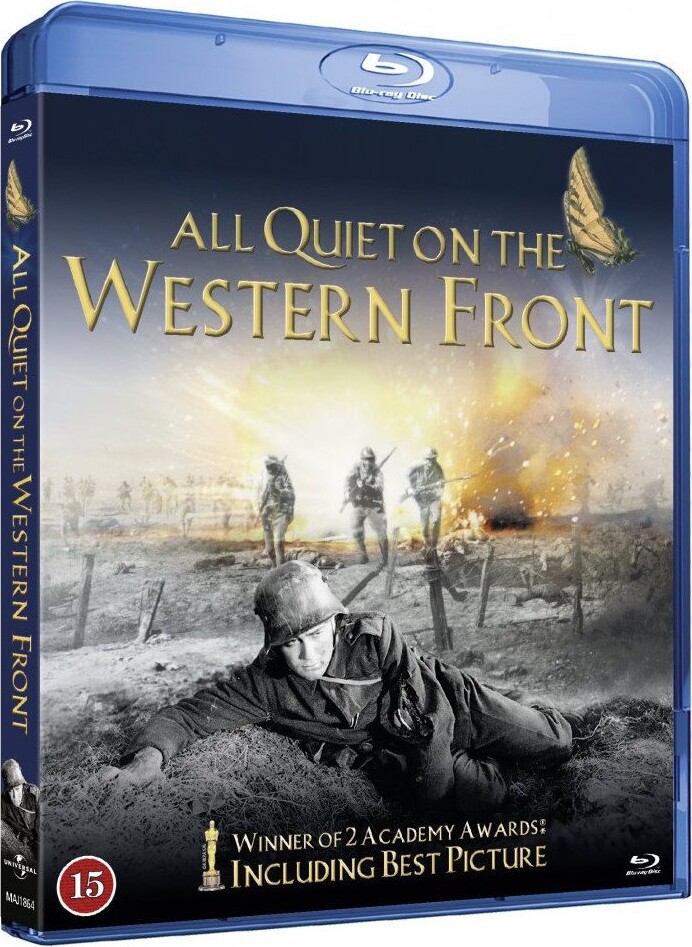
He was the leading member of the attaché sent to negotiate the armistice in the Forest of Compiègne, eventually succeeding, albeit with harsh terms, as All Quiet on the Western Front depicts. While he initially supported the German military buildup of the early 20th century and the war itself, his position changed when the war became the living definition of a catch-22 stalemate on both fronts in 1917.

However, he, too, is a real German politician from the period in the All Quiet on the Western Front true story and was elected to the German Reichstag in 1903 as a member of the Catholic Centre Party. 9, 1918, and the German government would change hands to begin working on peace negotiations, which the film shows via a newspaper that Matthias Erzberger (Daniel Brühl) has and when Paul and his peers celebrate that they’ll be able to go home soon.ĭaniel Brühl’s character, Erzberger, is a new addition to the 2022 version of All Quiet on the Western Front. It would be several more months of fighting before Kaiser Wilhelm II would abdicate on Sept. After these key battles in August, the German High Command knew that they could no longer win the war, but now only sought not to lose it. However, the Germans could not hold their advances, and in August, the Allied Hundred Days Offensive and Battle of Albert led to heavy losses, both of which Paul could have been a part of in his second depicted time at the front. When he and his fellows advance through the train depot could be part of the last definitive German offensive from March to July 1918, where private German soldiers came within 75 miles of Paris. After all, even though World War I was supposed to be "the war to end all wars," Germany would soon be at the center of another global tragedy in World War II, less than two decades later.The vignettes in the All Quiet on the Western Front true story largely cover times when Paul is trying to survive back at camp.

The trauma of his experience will haunt him for the rest of his days, and beyond that, Europe won't heal in the wake of the war. There are no heroes or victories in "All Quiet on the Western Front." Even though Paul survives and eventually discovers that the war has ended, he's clearly been forever changed. So, you can just feel shame and guilt and terror and a sense of responsibility towards that history. And I feel it. They had a sense of pride and a sense of honor about what they did. There's nothing honorable or to be proud about in terms of that part of German history.

" you're allowed to tell a story of people that also did something with purpose that were probably broken just as much as soldiers from other countries, but they were allowed to heal.


 0 kommentar(er)
0 kommentar(er)
